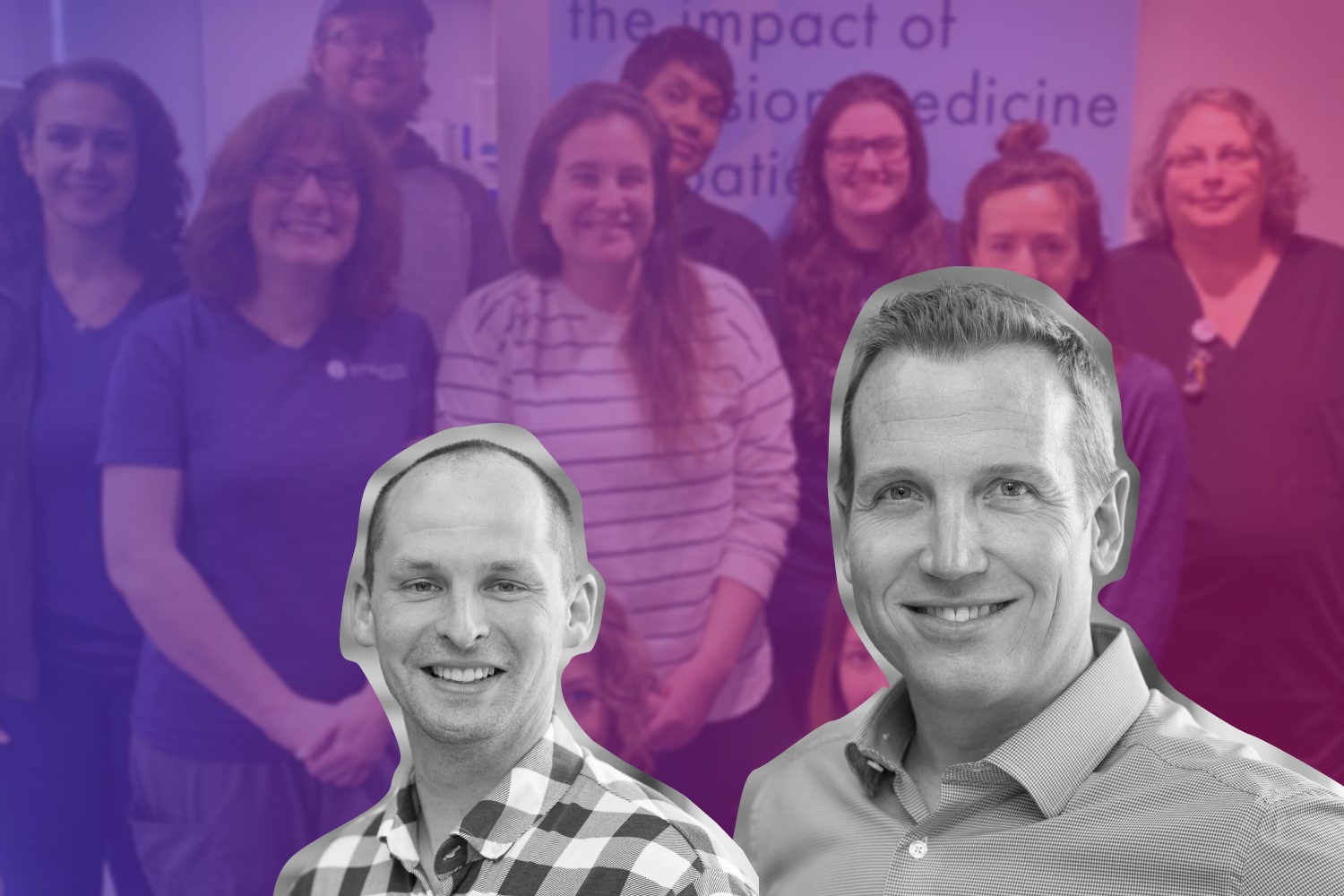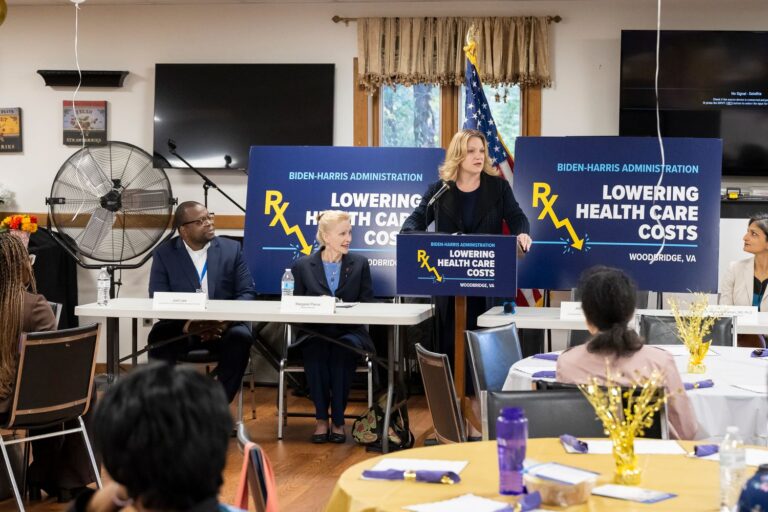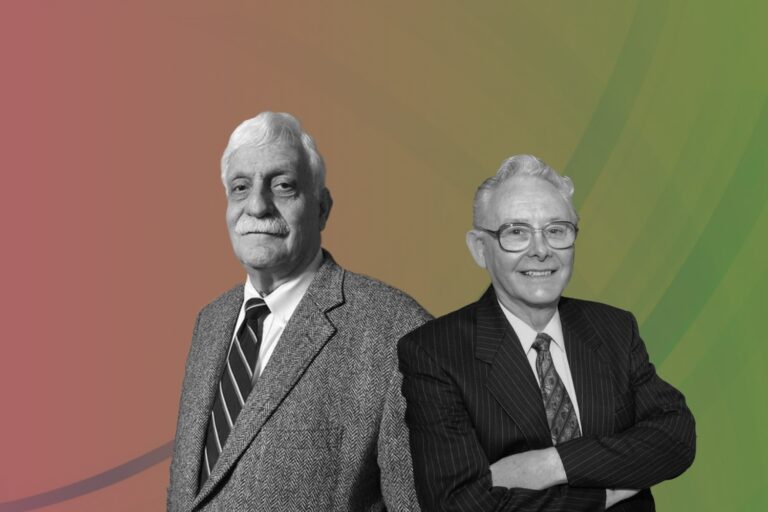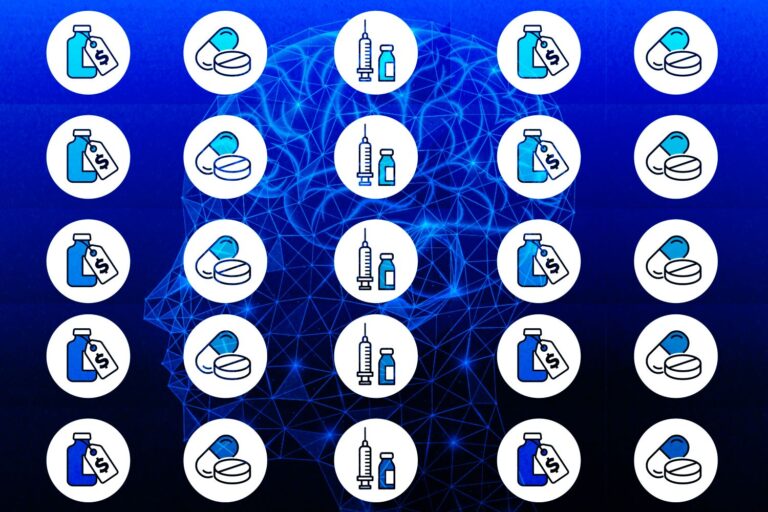From Idea to Reality: The Passion Behind Strata Oncology’s Accomplishment
Strata Oncology – a precision medicine startup, established in 2015, is an organization that aims to alter cancer care by optimizing the way patients get access to precision medicine clinical trials. The company’s key method is to combine genomic profiling, real-world data and a large-scale clinical trial platform altogether so as to generate the best medicines for cancer patients. Strata wants to get the collective agreement towards its innovations, thus bringing together all of the important stakeholders of the healthcare industry: patients, clinicians and pharmaceutical companies.
The aforementioned mission makes Strata Oncology stand head and shoulders above its competitors. There is every likelihood that Strata Oncology will face a bright future prospect in the industry, where cancer is cured rather than just treated as this organization never stops until their purposes are met.
Strata Oncology is ecstatic to be named to Fast Company’s Annual List of the World’s 50 Most Innovative Companies for 2022, which honors businesses that have the greatest impact on their industries and culture as a whole, eventually flourishing in today’s ever-changing world. Strata Oncology also stated that a $90 million Series C investment completed in 2021, bringing the company’s total funding to more than $130 million since its inception. According to Dan Rhodes, Ph.D., co-founder and CEO, the cash will allow the company to increase its investment in the platform, programs, and people.

Unexpected Passion and Determination to Pursue to the End
Dan Rhodes, a junior at the University of Michigan, was sitting in a molecular biology lecture on microarrays and monitoring the expression of all 6,000 yeast genes in a single experiment on a lovely day in 1999 when he abruptly recognized a tremendous impact of technology on biological science. For him, a light bulb went off: he recognized that, thanks to technology, biological research was being transformed into data science – a massive math issue.
Rhodes was enthralled by this concept because he was a math aficionado. Despite his aptitude for studying the subject, he was pursuing a medical career at the time and had been accepted into medical school. Nevertheless, Rhodes was undeterred in his quest to learn more about this intriguing topic. He believes this is a good fit because he has a solid background and a keen interest in both health and biological data as well as mathematics. Fortunately for him, genomics, and specifically cancer genomics, was emerging as a new subject, coupled with a new science called bioinformatics, which is the junction of biology and data software mathematics.
Rhodes made the decision to pursue his new interest. He chose to work in a cancer genomics lab the next summer, where he examined kidney cancer using microarrays and data processing. Rhodes enjoys his job because he believes he is helping to solve one of the world’s most serious issues: cancer. He confessed that he had a lot of fun developing software algorithms and analyzing data in order to gain a better understanding of cancer in order to enhance diagnostics, medicines, and, eventually, cancer patient outcomes.
Dan Rhodes was leading cancer sequencing at Thermo Fisher Scientific when he noticed that, despite pharmaceutical companies’ rush to develop targeted therapies, most patients were not getting the right testing — and thus missing out on what could be the best treatments based on their specific tumor profile. In 2015, he set out to change that. Rhodes founded Strata Oncology with the help of Thermo Fisher executives and a few industry experts to develop DNA and RNA sequencing.
It has evolved into the goal of his entire career, the sole thing he’s ever worked on his entire professional life, in the more than 20 years since that impromptu concept. Rhodes has always stressed the importance of doing everything possible to comprehend the cancer genome and use that knowledge and understanding to improve patient outcomes.
Difficulties that Strata Oncology Encountered
It is definitely a daunting task for Strata Oncology to give cancer patients extensive access to tumor genomic profiling as well as precise medications. Enabling universal tumor molecules to spread widely throughout a large health system is subject to not only the shortage of funding but also insufficient coverage. Tumor profiling does not alone provide a full strategy for a world-class center.
In order to provide a strategy that enables routine testing, fast genetic data exploitation, and further studies in an integrated and streamlined way, more infrastructure support is necessitated. Should these tools be applied successfully into the health systems, precision cancer research and care will be driven. This issue will be solved by providing the fundamental pillars necessary to drive a world-class precision cancer treatment program to our healthcare partners.
Data plays a pivotal role in several fronts, including integrating genetic data into electronic health records. Strata Oncology constantly work with partners such as Kaiser Permanente, a pioneer in combining data collection with continuous care delivery to address this issue.
How Did They Overcome Obstacles?
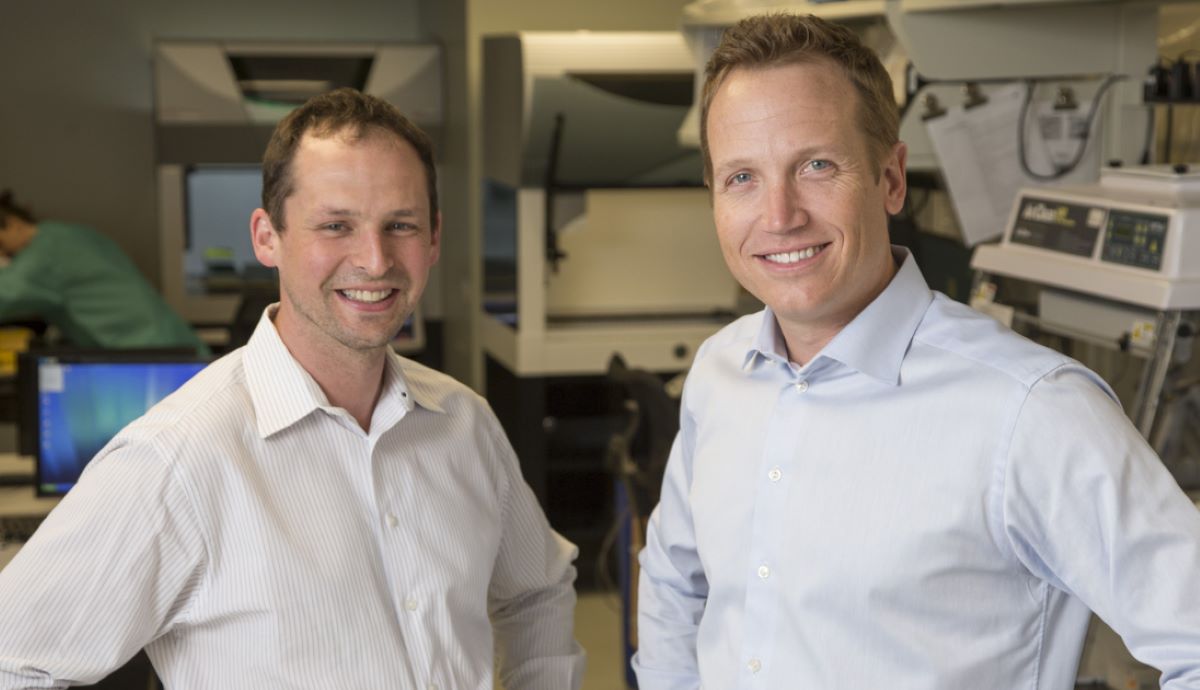
Thanks to considerable expertise, observation, and keen thinking, Dan Rhodes and the primary members of Strata Oncology give valuable answers to the above difficulties, as well as to the company’s future development.
#1. Seeking financial investments and professional collaboration from the “big guys” in the medical field
In the case of Strata Oncology, it addressed the issue by raising money from big investors in terms of healthcare. Strata Oncology hit the headlines in 2016 when it secured $12 million from Arboretum Ventures and Baird Capital, then teamed with Thermo Fisher Scientific to accomplish its goal of providing free tumor sequencing to 100,000 cancer patients. The objective was to fulfill the desire of the healthcare organizers to provide the best therapy and the biopharma to find a source of mutation-matched clinical trial subjects.
Taking advantage of the previous victory, Strata Oncology continued to be on the lookout for financing in 2018 and succeeded in raising $26 million in series B. Other new investors, in the round of which include Pfizer Ventures, Deerfield Management, and Renaissance Venture Capital Fund. The business subsequently raised $90 million from investors in 2021. This huge amount stemmed from the agreement from Cormorant Asset Management. Thus, after three rounds of capital raising over a five-year course, Strata Oncology has raised a significant majority of 130 million USD.
Dan Rhodes once said in an interview: “We are grateful to our new and existing investors for their commitment to our bold mission of delivering the best possible treatment for each patient, as early as possible,” said Dan Rhodes, Ph.D., co-founder, and Chief Executive Officer, Strata Oncology. The funding will facilitate the growth of the complete genomic and transcriptome profiling platform, allowing it to offer a range of industry-leading therapy selection assays for solid tumors. The approach, which is the combination of thorough genomic profiling and extremely quantitative RNA expression profiling.
#2. Recruiting potential personnel
Aside from the possibility of raising funds, Strata Oncology makes the decision to hire skilled workers. The remaining members of the Executive Board, in addition to the CEO, have substantial expertise in the fields of health and business operations.
Jennifer Reyntjes joined Strata Oncology as Chief People Officer with over 30 years of experience in organizational development, human resources, and operations leadership, the majority of which was gained in the healthcare industry. She previously worked as the Chief Human Resources Officer at Mission Veterinary Partners, a veterinarian-owned and managed network of animal hospitals. She was previously a Director and Senior Vice President of People at AlixPartners and a Senior Director of Strategy, People, and Transformation at Bearing Point, both global consulting firms.
Mark Szewczyk, as a Chief Commercial Officer, brings over 25 years of healthcare experience and commercial leadership in molecular diagnostics. Prior to joining Strata Oncology, he worked for Abbott as Vice President, Global Commercial Operations, molecular diagnostics; General Manager in Abbott’s molecular diagnostics division; General Manager, diagnostics imaging systems at Philips Healthcare; and General Manager of Cleveland Clinic Home Care. Szewczyk has a master’s degree in business administration from Drexel University and a bachelor’s degree in pharmacy from Ohio State University.
Sundu Brahmasandra joined as Chief Operating Officer, brings more than 20 years of technical and operational leadership in the molecular diagnostics field, as well as experience building industry-leading biotechnology organizations, to Strata Oncology. Brahmasandra previously served as President and COO of NeuMoDx Molecular, Vice President, Head of Operations and Product Development of QIAGEN’s Ann Arbor operations following the acquisition of NeuMoDx by QIAGEN.
In addition to individuals in critical roles, the Strata Oncology team has extensive experience and a keen interest in cancer research. This firm also conducts modest parties on a monthly basis to bring members together while also encouraging their work attitude and loyalty to the organization.
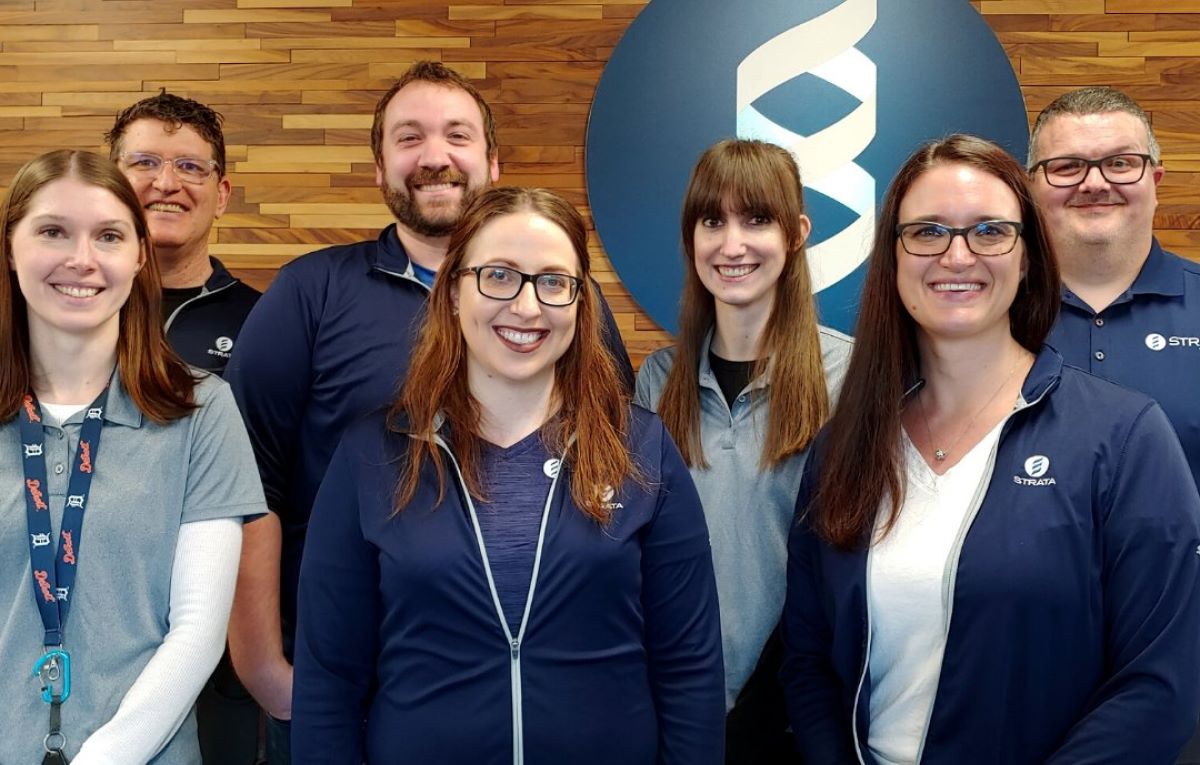
Things the CEO Wish Someone Told Him Before He Started
Dans co-founded and served as CEO of Compendia Bioscience, a cancer genomics data firm purchased by Life Technologies in 2012 prior to the establishment of Strata Oncology. He was then Vice President of Oncology Strategy at Thermo Fisher Scientific (Life Technologies), where he was in charge of cancer sequencing product development and companion diagnostic agreements. Rhodes has a foundation for using his empirical experience and he also has a thorough insight into academic knowledge after finishing his Ph.D. degree in Bioinformatics at the University of Michigan. Rhodes sketched for himself some experiences that he wanted he had known sooner after many years of running the firm.
#1. Listening to others’ advice is a must
First thing first, if only he had listened attentively to other people’s advice. He would have been capable of devising a plan on a larger scale. Many investors and advisors have told him that the whole procedure would take longer than he would expect, but he didn’t take notice. He suffer from over-optimism as a cause, which can steer him onto the wrong path. He would rather myself paint a whole picture and rally a team around a common near-term vision. As long as you get there, that does not matter anymore even if the duration is longer. However, for investors and other stakeholders, that does not receive mutual respect.
#2. Running a company costs more than you anticipated
The next thing he wish he had known in advance is how much finance required to fulfill your plans. Early on, he had devised quite an intricate plan to develop this enterprise. However, the more you delve into it, the more difficulties you encounter since all of the key for success are vague. A lot of financial issues must be resolved. The moral of this intriguing story is that when you have a just cause that multiple stakeholders believe in, things often take longer and are more difficult than you expect in the short term. But, in the long run, with a just cause and a network of stakeholders working toward a common goal, you can frequently exceed your expectations. Time is just one variable that you cannot always control.
The Bottom Lines
As we’re seeing, Strata Oncology has been committed to improving cancer treatment by enhancing patient access to precision medicine clinical trials through its unique state-of-the-art platform. Today, the company’s success appears to be fueling the next generation of entrepreneurs exploring machine-learning innovation in the healthcare field. Those unspoken lessons above were learned and efficiently utilized in the instance of Strata Oncology, and we believe they would apply in your firm as well.

